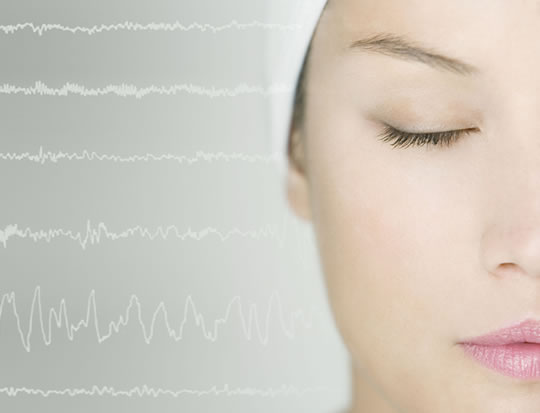Sleep does more for memory than just protect it against forgetting.
Sleep can double the chance of recalling a forgotten memory, a new study finds.
It may do this by enhancing memories and making them more vivid and accessible.
The boost is in addition to sleep’s well-known ability to protect against forgetting.
For the research people’s memory for made-up words was tested before and after sleep.
The effects of sleep were compared to when people were simply awake for a period.
The study found that sleep did more than just preserve memory.
Sleep actually helped people recall words that previously they could not remember.
Dr Nicolas Dumay, the study’s author, said:
“Sleep almost doubles our chances of remembering previously unrecalled material.
The post-sleep boost in memory accessibility may indicate that some memories are sharpened overnight.
This supports the notion that, while asleep, we actively rehearse information flagged as important.
More research is needed into the functional significance of this rehearsal and whether, for instance, it allows memories to be accessible in a wider range of contexts, hence making them more useful.”
The boost to memory could be down to activity in the hippocampus, Dr Dumay thinks.
It’s in this region of the brain that recently laid down memories may be ‘unzipped’ and ‘replayed’.
It could be this process that helps us remember things we couldn’t before.
The research was published in the journal Cortex (Dumay, 2015).
Sleep waves image from Shutterstock

